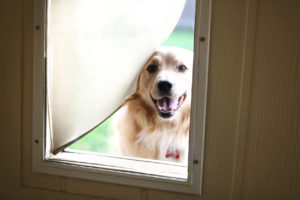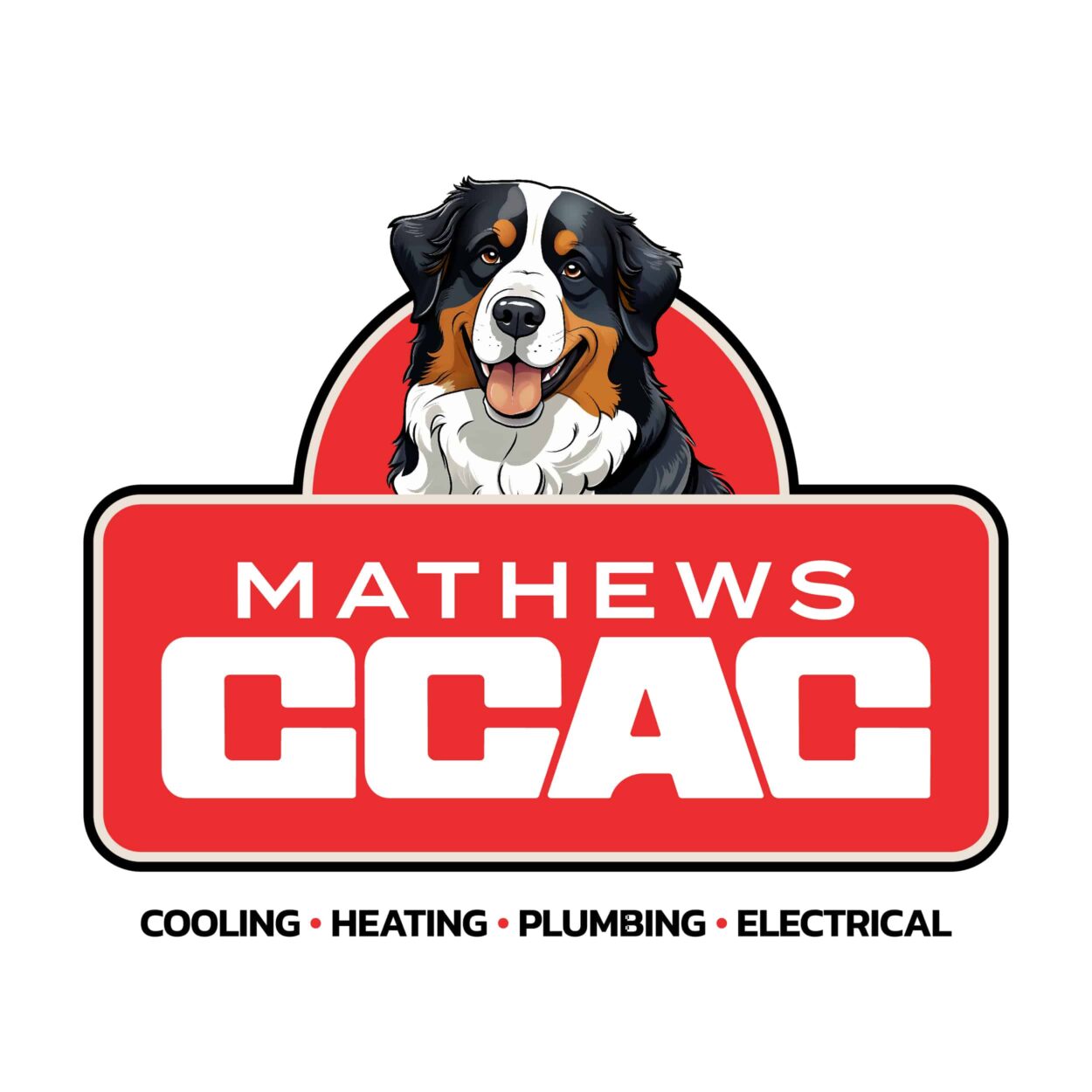 If you’ve got a pet door, you may have wondered if that hole in your wall is affecting your energy use. Experts say “Maybe,” depending on how tightly it’s installed and what type of energy-efficient features it has. The fact is, not all pet doors are created equal, so if you’re thinking about installing a new one, or want to upgrade your current one, choose carefully.
If you’ve got a pet door, you may have wondered if that hole in your wall is affecting your energy use. Experts say “Maybe,” depending on how tightly it’s installed and what type of energy-efficient features it has. The fact is, not all pet doors are created equal, so if you’re thinking about installing a new one, or want to upgrade your current one, choose carefully.
An Energy-Efficient Pet Door Design
Whichever style of pet door you choose, you should make sure it keeps unconditioned air out and your conditioned air in. Doors with double plastic flaps that fit tightly after the pet goes in or out will do the job by trapping a volume of air between the two flaps that helps to insulate your home from outdoor air. Some doors feature triple flaps, which are even better. Whether you purchase double or triple, they should flap tightly back into place.
Some doors have magnet closure that keeps them more secure. If your door doesn’t, you can add magnets yourself.
Also, check your installation. Does the door fit tightly into the hole? If not, you may want to add weatherstripping or caulk to fill the gap to increase efficiency.
Other Features
Energy efficiency is important, but there are some other features to look for.
- Aluminum construction will prevent corrosion. An aluminum door will age better than a steel one.
- Other animals sometimes figure out how to gain access to a home and to a pet’s food by entering through the pet door. Feral cats, skunks, raccoons, rats and others may come inside unless your door has a locking mechanism. Locking mechanisms are available in several designs, including one that is programmed with your pet’s chip and only opens when it senses the chip. Another design responds to a key in the pet’s collar.
- If you have a large dog, make sure you have some type of secure locking mechanism, as burglars have been known to use pet doors to gain entrance to a home.
For more on improving your home’s HVAC efficiency, contact Mathews CCAC Air Conditioning of Corpus Christi.
Our goal is to help educate our customers in Corpus Christi, Texas about energy and home comfort issues (specific to HVAC systems). For more information about your HVAC system, download our free Home Comfort Guide or call us at 361-678-2495.












